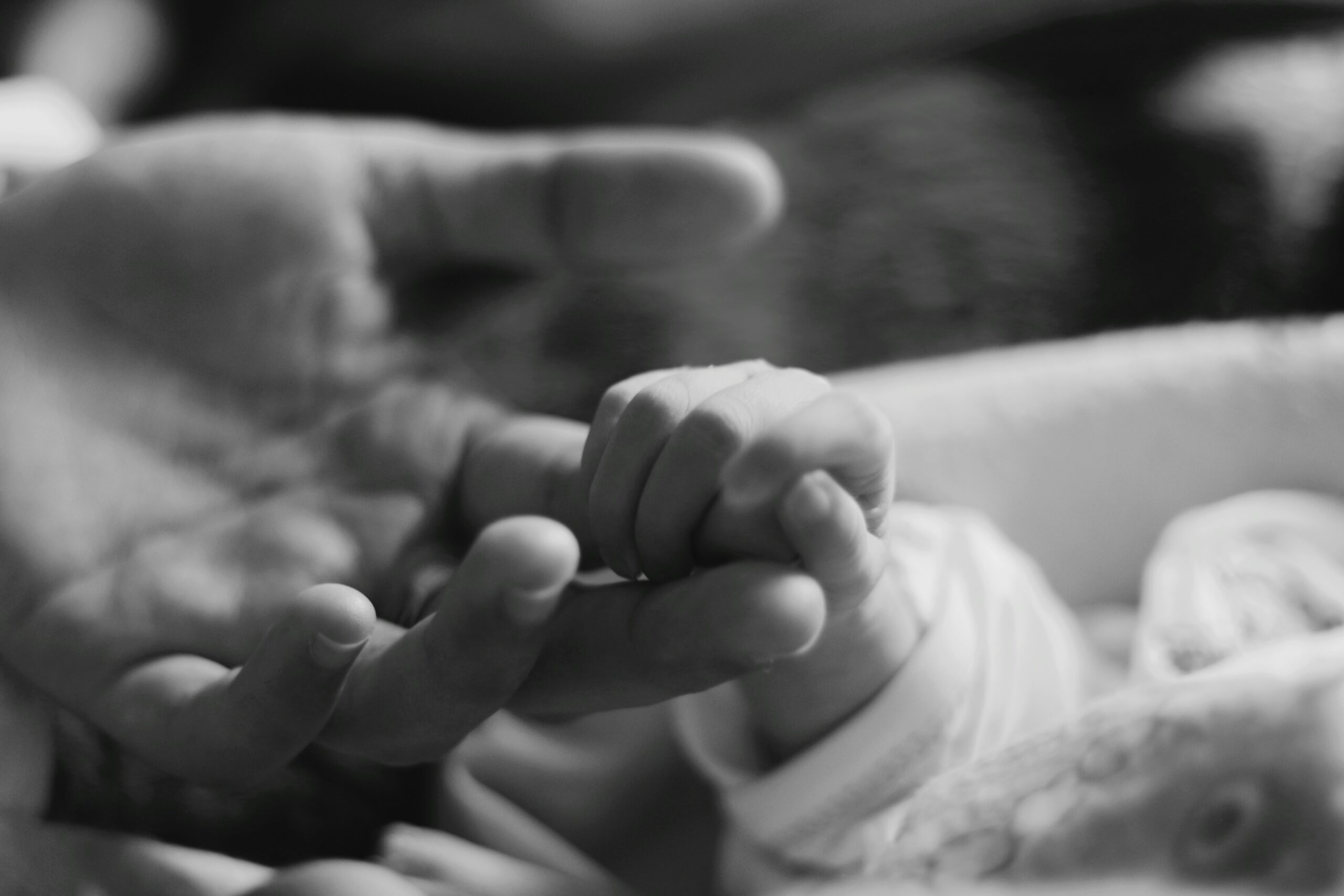Recognizing the Signs of Postpartum Depression
Postpartum depression is a serious condition that affects many women after giving birth. This article will provide you with valuable information and insights into recognizing the signs of postpartum depression and finding the support you need to recover.
What is Postpartum Depression?
Postpartum depression, also known as postnatal depression, is a type of mood disorder that occurs after childbirth. While it is natural for new mothers to experience some form of the “baby blues” due to hormonal changes and the stress of caring for a newborn, postpartum depression is a more severe and long-lasting condition that can significantly interfere with a mother’s ability to take care of herself and her baby.
Signs and Symptoms
Postpartum depression can manifest in various ways, and the signs and symptoms may differ from person to person. However, common signs and symptoms of postpartum depression include:
– Persistent feelings of sadness, emptiness, or hopelessness
– Intense mood swings
– Severe anxiety or panic attacks
– Difficulty bonding with the baby
– Loss of interest in activities once enjoyed
– Excessive fatigue and energy loss
– Difficulty sleeping or sleeping too much
– Changes in appetite
– Feelings of worthlessness or guilt
– Difficulty concentrating or making decisions
– Thoughts of self-harm or harming the baby
It is important to note that while many women experience some of these symptoms after giving birth, it is the persistence and severity of these symptoms that may indicate postpartum depression.
Seeking Support and Treatment
If you or someone you know is experiencing signs of postpartum depression, it is crucial to seek support and treatment as soon as possible. Many women may feel ashamed or reluctant to seek help, but it is essential to remember that postpartum depression is a medical condition that requires professional attention.
Here are some steps to take if you suspect that you or someone you know may be suffering from postpartum depression:
1. Talk to a healthcare provider: Schedule an appointment with a healthcare provider to discuss your symptoms and concerns. They can offer a proper diagnosis and recommend a suitable treatment plan.
2. Reach out to loved ones: Share your feelings with your partner, family members, or friends. Their support can make a significant difference in your recovery.
3. Consider therapy and counseling: Therapy sessions, such as cognitive-behavioral therapy or interpersonal therapy, can help you address and manage your feelings in a safe and supportive environment.
4. Explore medication options: In some cases, healthcare providers may prescribe antidepressant medications to help alleviate the symptoms of postpartum depression.
5. Join a support group: Connecting with other women who have experienced or are currently experiencing postpartum depression can provide a sense of community and understanding. Support groups offer a platform to share experiences, coping strategies, and encouragement.
Understanding the Importance of Awareness
Recognizing the signs of postpartum depression and understanding the importance of seeking support and treatment is crucial for the well-being of new mothers and their families. By increasing awareness and providing education about postpartum depression, we can help eliminate the stigma and provide the necessary resources for those in need.
Conclusion
It is essential for new mothers to be aware of the signs of postpartum depression and to seek the support and treatment they need for recovery. By recognizing the signs and reaching out for help, individuals can effectively manage and overcome postpartum depression, leading to better mental and emotional well-being for themselves and their families. If you or someone you know is experiencing symptoms of postpartum depression, remember that you are not alone, and help is available.





